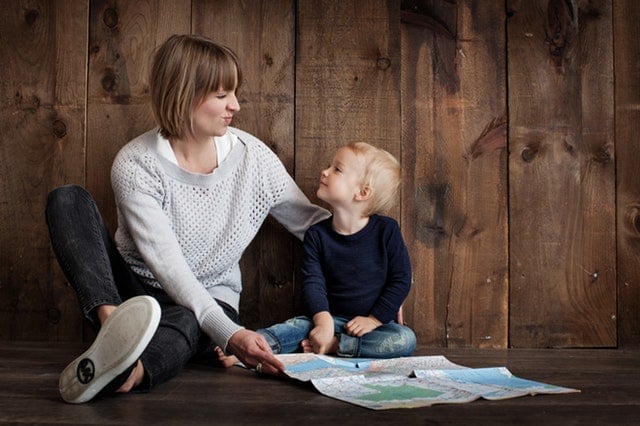
There are few more distressing thoughts than the prospect of leaving your children parentless. Sometimes it can feel easier to sweep such upsetting scenarios under the carpet, so it’s no wonder that scores of young parents in the UK simply aren’t making a will. In fact, more than half of the UK’s adults have not made a will according to a study conducted last year. Other estimations suggest that in fact two thirds of adults in the UK haven’t made a will and aren’t planning on making a will.
Appointing Guardians
With purchasing a home becoming ever less attainable to young professionals today, many parents of young children can wrongly assume that with no significant estate to administer there is simply no need to be making a will anytime soon. But as well as apportioning your assets the way you want them to be divided, making a will enables you to legally and formally state the people you should wish to appoint as your children’s guardian or guardians.
Making a Will, Your Way
Without making a will, your local authority would be responsible for the immediate welfare of your children should the worst happen. If disaster were to strike and you had already made a will and appointed guardians, these authorities would acknowledge your wishes immediately. In this situation, your children would find themselves under the care and guardianship of people they know and trust without any unnecessary disruption or uncertainty at a time of – let’s face it – complete devastation. Most worryingly, 57% of the people interviewed in the study discussed above were parents with no will in place, and a third of those with wills had not named guardians for their children.
Family Trust Funds
As well as making your guardianship wishes crystal clear through making a will, another thing you can do to safeguard your children’s future whatever happens is by creating a trust fund to finance your children’s future should you not be around to do this in person. Parents can also set up a trust to make regular payments to appointed guardians for child maintenance – if the time ever came for this – to cover the additional living costs guardians would encounter as sole carers of your children. A trust for this purpose is arranged in such a way that by the time your children reach adulthood they would receive a lump sum of whatever capital remains in trust.
Protecting Your Family
Fewer couples marry these days – married households are in fact now a minority in the UK – though the law has not evolved in step with this in many respects. If you die unmarried and without making a will, your partner and the co-parent of your children will not legally be entitled to your assets. Critically, your partner may have to leave the family home and be left without the means to bring up your children if you do not make a will and make your intentions clear as to whom your estate should be left to.
Evolving With You
But making a will isn’t setting anything in stone. If you make a will as a young parent, your circumstances will inevitably change over time as your family expands and your assets grow. Amending your will is something that can – and should – be done habitually as part of your personal financial review.

